Inflation in the services sector also picked up as rents rose ahead of the start of the new fiscal year in April, reinforcing the BoJ's view that price pressures are widening.
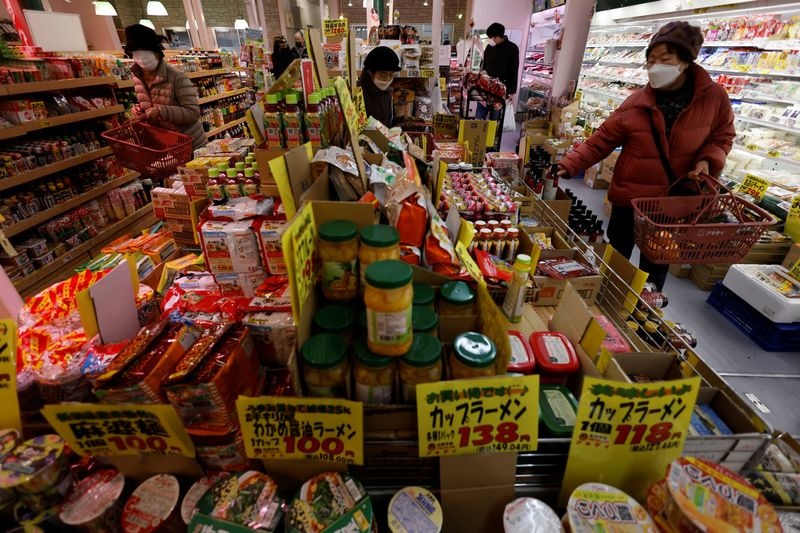 |
| Tokyo core inflation accelerates, surpassing BoJ target in March |
The data will be among key factors the BoJ considers at its upcoming policy meeting on April 30-May 1, when the board is expected to release new forecasts for growth and prices for each quarter.
"Based on today's data, national core inflation may exceed 3% in the first half of this year and slow down as the impact of import costs due to the weak yen eases," said Masato Koike, an economist at Sompo Institute Plus, adding: "Consumption is weak now, so the core issue is whether households can withstand further price increases."
Specifically, the core consumer price index (CPI) in Tokyo, excluding fresh food costs, rose 2.4% in March compared to the same period last year, exceeding the market average forecast of 2.2%. This figure is higher than the 2.2% increase in February.
Meanwhile, the core CPI, which strips out both fresh food and fuel and is tracked by the BoJ as a gauge of prices from domestic demand, rose 2.2% in March from a year earlier, up from a 1.9% gain in February.
The main driver of growth was food prices, which rose 5.6% in March, the fastest annual increase since January 2024, up from 5.0% in February. In particular, the price of rice - Japan's staple food - surged 92.4% in March, the biggest increase since 1976, reflecting the difficulties of households facing rising living costs.
Services inflation rose to 0.8% in March from 0.6% in February, partly due to a 1.1% rise in rents, the fastest annual increase since 1994.
“The rise in food and beverage prices is becoming more entrenched,” said Saisuke Sakai, chief economist at Mizuo Research & Technologies, adding that the sustained rise could prompt the BoJ to raise interest rates in June or July.
The BoJ ended a decade-long stimulus program last year and raised short-term interest rates to 0.5% in January, based on an assessment that Japan was close to achieving its sustainable 2% inflation target.
BoJ Governor Kazuo Ueda said the bank would continue to raise borrowing costs if steady wage increases supported consumption and helped businesses raise prices, keeping inflation steady around 2%.
Rising living costs have caught the attention of some BoJ board members, who warned at their March policy meeting that persistent food price inflation could impact overall price trends and how the public views future inflation.
Many analysts predict the BoJ's next rate hike will come in the third quarter, most likely in July, according to a Reuters survey.
Source: https://thoibaonganhang.vn/lam-phat-dang-hoi-thuc-nhtw-nhat-tang-tiep-lai-suat-161976.html


![[Photo] Party and State leaders attend the special art program "You are Ho Chi Minh"](https://vphoto.vietnam.vn/thumb/1200x675/vietnam/resource/IMAGE/2025/5/18/6895913f94fd4c51aa4564ab14c3f250)


![[Photo] Special flag-raising ceremony to celebrate the 135th birthday of President Ho Chi Minh](https://vphoto.vietnam.vn/thumb/1200x675/vietnam/resource/IMAGE/2025/5/19/1c5ec80249cc4ef3a5226e366e7e58f1)
![[Photo] Party and State leaders visit President Ho Chi Minh's Mausoleum](https://vphoto.vietnam.vn/thumb/1200x675/vietnam/resource/IMAGE/2025/5/19/d7e02f242af84752902b22a7208674ac)






















































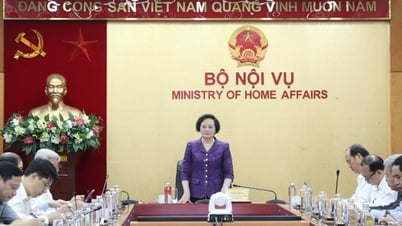





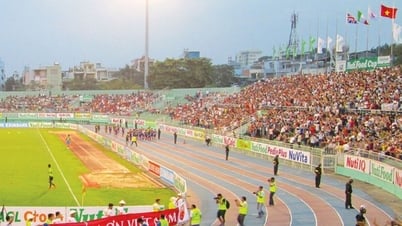
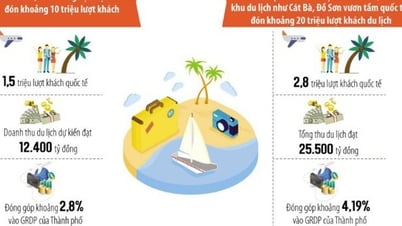
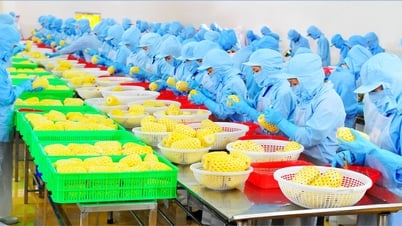




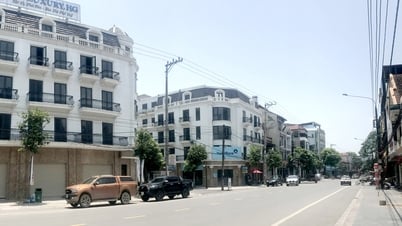




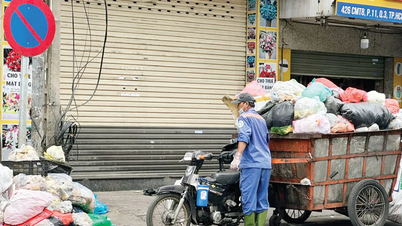

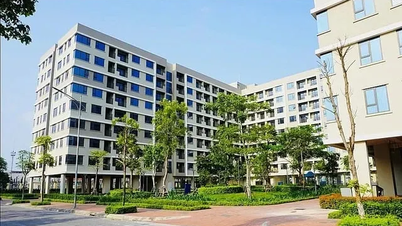
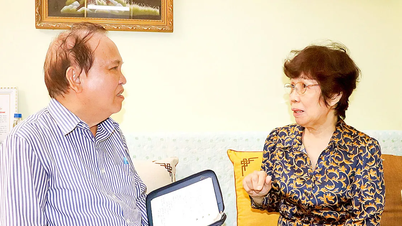










Comment (0)